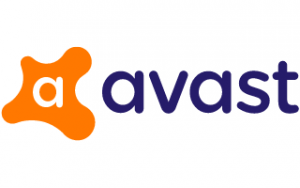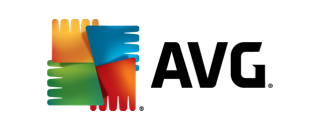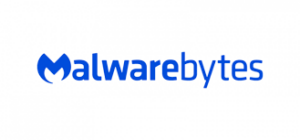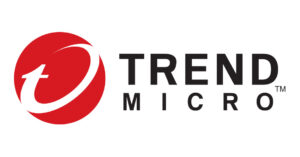New research from NordVPN has analysed six million payment card details found for sale on the dark web, of which 65,000 belong to Australians. Australia was the 10th most affected country, with calculations putting us as the second most at-risk nation for hacking.
Of the 65,000 leaked Australian payment card details, around 30,000 were Visa cards, 25,000 were Mastercard, and just under $4,000 were American Express.
In almost a third of cases, the data for sale also included personal information such as home address, phone number, email address and date of birth.
Worringly, the average price of an Australian payment card was just $9.82.
"Australian payment cards are cheap because there is a larger supply of Australian cards available on the dark web," NordVPN cybersecurity advisor Adrianus Warmenhoven explains.
"The country’s card penetration, sizable population, and strong economy make it a very appealing target for criminals. With a significant number of Australian cards available, competition among sellers drives down the prices to attract buyers."






